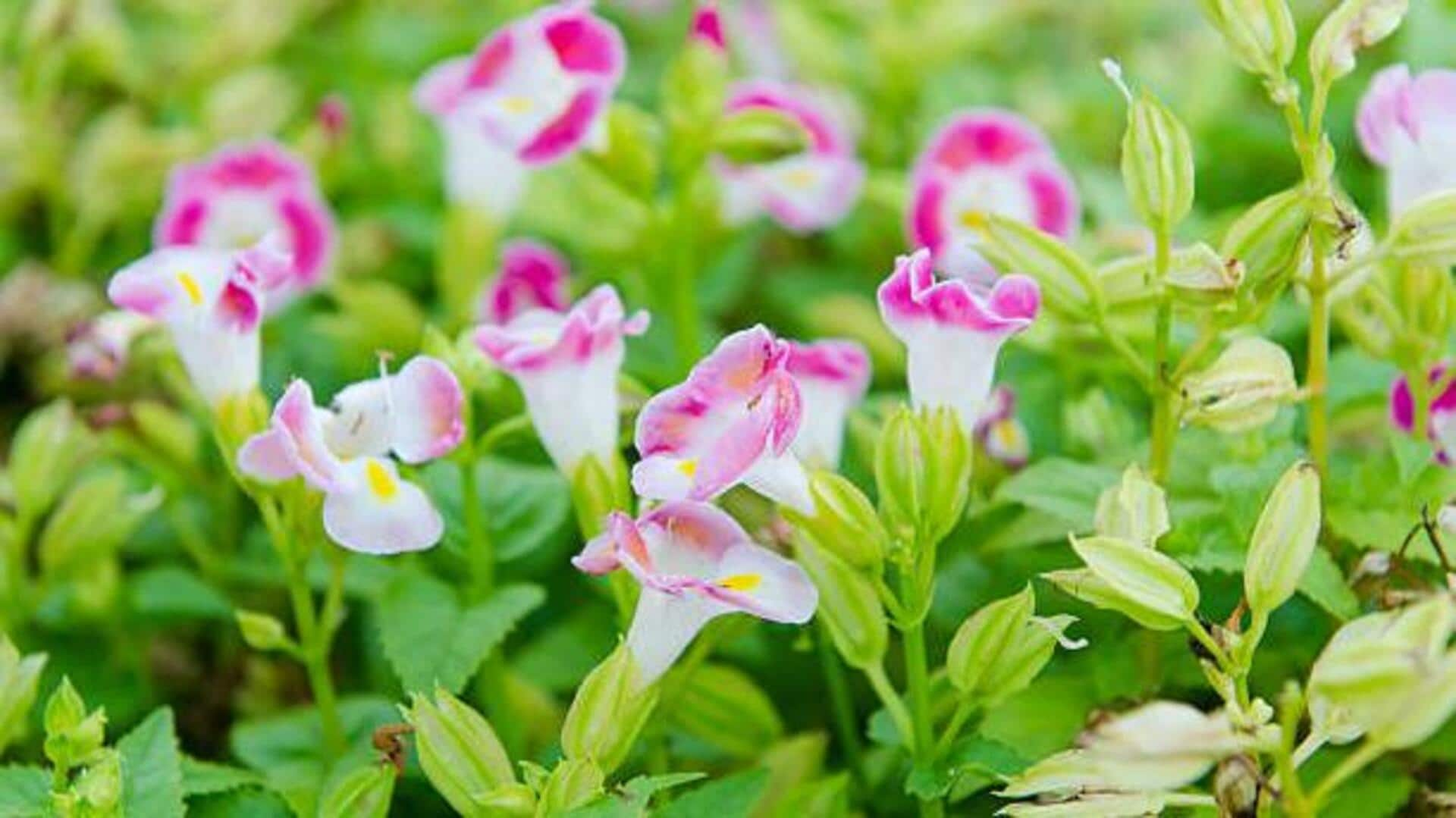
Tryfenia flower: The superfood you didn't know about
What's the story
The tryfenia flower, which hails from Africa, is drawing interest for its potential health benefits. Famous for its striking appearance, this flower is much more than a visual treat. It has long been used in different cultures for its nutritional value. Given the global interest in natural and plant-based foods, the tryfenia flower emerges as a promising superfood with distinct benefits.
Nutrients
Nutrient-rich composition
The tryfenia flower is loaded with nutrients essential for well-being. It has vitamins like vitamin C and a few B vitamins, which are important for keeping energy levels intact and boosting immunity. It also offers minerals like calcium and magnesium which are needed for healthy bones. Antioxidants in the flower also make a difference by fighting oxidative stress in the body.
Health benefits
Potential health benefits
Eating the tryfenia flower may provide a number of health benefits, owing to its rich nutrient content. Its antioxidants may help reduce inflammation and promote heart health by improving blood circulation. The vitamins in it may help boost immunity, while minerals such as calcium may strengthen bones. All these effects combined make it a great addition to a balanced diet for long-term health.
Culinary uses
Culinary uses and applications
Incorporating the tryfenia flower into your meals can be nutritious and flavorsome as well. You can use it in salads or blend it into smoothies for an extra nutritional boost without changing the taste significantly. Some cultures use it as an ingredient in herbal teas or infusions, thanks to its mild flavor profile. Its versatility makes it easy to add to various dishes and enjoy its potential benefits.
Cultivation practices
Sustainable cultivation practices
Sustainable cultivation of the tryfenia flower is key to maintaining its availability and ecological balance. Farmers are encouraged to embrace organic farming methods that reduce environmental impact while maintaining high-quality yields. By utilizing natural fertilizers and pest control measures, growers can preserve soil fertility and biodiversity around cultivation areas. This positively contributes towards sustainable agriculture practices globally.